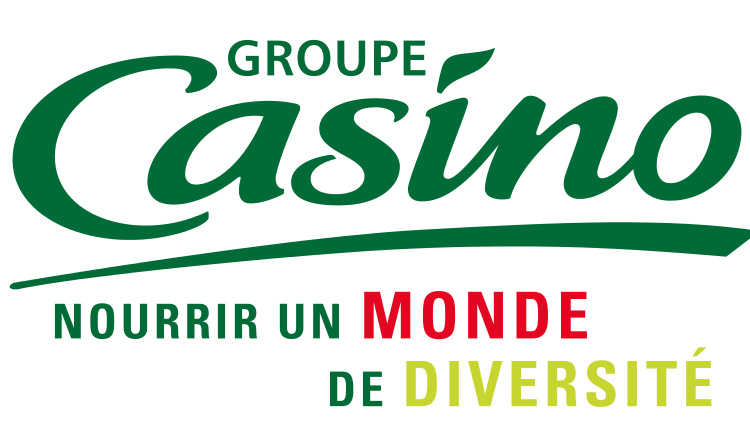Mimicking Japan’s reforms may not yield the same results due to family-controlled conglomerates
- South Korea is copying Japan’s market reforms to boost its stock market
- The country’s large family-controlled corporate empires, known as chaebols, could be an obstacle to more meaningful structural change
- Korea’s ‘corporate value-up’ program aims to improve shareholder-friendly policies
- Japan has been one of the best-performing markets in recent years with a 40% gain since end of 2022
- South Korea’s stock market has long suffered from a ‘Korea discount’
- The dividend yield on the Kospi is below 2%, lower than many markets
- Treasury share cancellation has increased, but chaebols remain a challenge to overcome
South Korea is attempting to replicate Japan’s successful market reforms, including a new stock index and changes to the tax code. However, the country’s large family-controlled corporate empires, known as chaebols, could hinder more significant structural change. These conglomerates, such as Samsung and Hyundai, hold considerable economic and political influence, making it difficult to align their interests with minority shareholders. Despite progress in treasury share cancellation, the challenge remains in unwinding complex corporate structures.
Factuality Level: 8
Factuality Justification: The article provides accurate information about South Korea’s efforts to improve its stock market by adopting Japan’s corporate governance practices and discusses the challenges posed by family-controlled conglomerates (chaebols). It also compares the performance of South Korean, Japanese, and Taiwanese markets. However, it lacks some details on the new index and could provide more context on the ‘corporate value-up’ program.
Noise Level: 6
Noise Justification: The article provides relevant information about South Korea’s efforts to boost its stock market by adopting Japan’s corporate governance practices and discusses the potential challenges posed by family-controlled conglomerates (chaebols). However, it lacks in-depth analysis of long-term trends or possibilities and does not offer significant actionable insights or new knowledge for readers.
Public Companies: Samsung Electronics (005930.KS), Hyundai Motor (005380.KS)
Key People:
Financial Relevance: Yes
Financial Markets Impacted: South Korea’s stock market and Japan’s Topix index
Financial Rating Justification: The article discusses South Korea’s efforts to improve its stock market performance by introducing a new index that focuses on profitability and shareholder returns, similar to Japan’s approach. It also mentions the impact of chaebols on the country’s economy and stock market, which could affect financial markets and companies in South Korea.
Presence Of Extreme Event: No
Nature Of Extreme Event: No
Impact Rating Of The Extreme Event: No
Extreme Rating Justification: There is no mention of an extreme event in the text.
Move Size: No market move size mentioned.
Sector: Technology
Direction: Up
Magnitude: Large
Affected Instruments: Stocks
 www.wsj.com
www.wsj.com 





